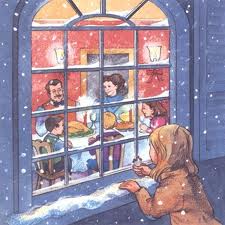Today the mercury reached for the 100 degree mark on my kitchen thermometer as it did in much of the country. Without AC, my two best options were the basement or the beach. No contest.
Floating in the cool water looking back at the sand dune, I thought about Nate’s last beach visit. In the summer of 2009, just before we learned of his cancer but well into his back pain, Mary and I wondered if we should leave him to go to the beach that day. He was settled in his favorite chair at the cottage, his back resting on an ice pack, with his two favorites next to him: the newspaper and a mug of coffee. “Go ahead,” he said. “I’ll be fine.”
It was a coolish summer day, so Mary and I settled into our low beach chairs away from the water line at the base of the dune. Thirty minutes later, we were surprised to see Nate struggling down the sand, coffee and newspaper in hand. I was delighted and jumped up to get him a chair.
“You came!” I said, knowing the 10 minute uphill hike to the beach must have taken a toll.
He didn’t last long, but I admired the way he wanted to participate, despite substantial pain. Surely the cancer was secretly doing its damage by then, and his misery must have been extreme. Did he sense that day’s beach trip might be his last?
When life gets raw and options narrow, most of us cling to life’s ordinary things. If we suspect death might be coming, we adhere to our regular routine as if that might hold it back. A perfect example was the morning after Nate heard the words “terminal, pancreatic, stage 4, metastasized.” He got up and went to work…. as usual.
If we had even a blurry picture of what awaits us after cancer “wins”, we’d rush to our death beds. It may be psychologically healthy to hold onto our earthly lives, but heavenly-speaking, it’s absurd.
As Nate neared the end, he had one foot in each world. He held onto the commonplace, newspapers (unread), coffee (undrunk) but finally settled into his hospital bed like a beach-lover fits into a comfy beach chair. Peace enveloped him as he gradually curtailed his involvement with the ordinary and committed to the extraordinary.
Today as I looked at that little dune, I found the memory of Nate’s last visit to be sweet and felt deep satisfaction in knowing he’d been moved from the comfort of earth’s regular routine to the glories of eternity.
And it happened as smoothly as slipping into a cool lake on a hot summer day.
“Those who walk uprightly enter into peace; they find rest as they lie in death.” (Isaiah 57:2)




